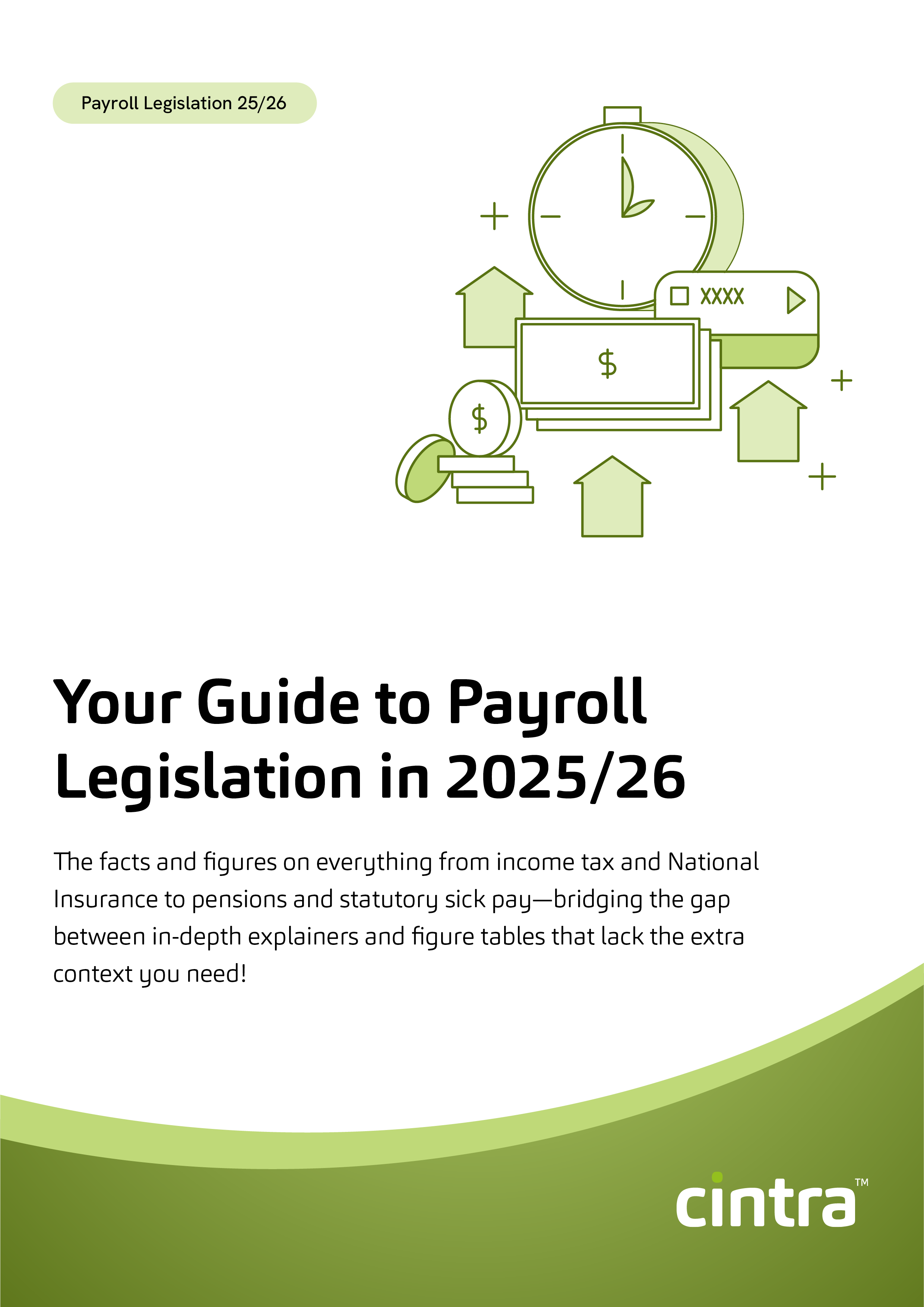The 1.2 million UK private sector businesses that employ staff are dictated by national payroll regulations. These include laws that dictate how tax and national insurance must be deducted, and how payslips must be issued, records kept and returns sent to HMRC. If your business is in the private sector, here are the five simple rules you should follow when it comes to managing your payroll:
1. Pick the right person to take charge
Ideally, you will employ someone who is fully proficient in handling payroll, but this isn’t always the case in small companies. You may wish to delegate it to one of your directors or to the member of staff with the most finance experience.
2. Provide adequate training
The person you select must understand the intricacies of the PAYE tax system, or be given the time and support to get their heads around it. It is vital that payroll staff keep up-to-date with regular software and legislation changes, so you will need to ensure that training is thorough and ongoing.
3. Keep accurate records
Your business must keep detailed records and ensure that all the relevant returns are sent to HMRC. You will need to produce a return every time you pay your staff, which can be sent directly from your payroll system if it is set up correctly. You will also need to send tax and national insurance payments either monthly or quarterly, depending on the size of your business.
4. Select the appropriate software
While it is possible to calculate tax and national insurance by hand and issue handwritten payslips, this is inadvisable. Good software will carry out the necessary calculations (including tax, national insurance, student loans, sick pay and maternity pay), produce payslips, send returns to HMRC and print P45, P60 and other forms for employees. The two main types of payroll software are: payroll packages installed on a PC; and online systems that are accessed using a web browser. An online system is preferable as you will be to access your payroll from different locations.
5. Don’t be afraid to outsource
It might be that your company doesn’t have the ability to handle payroll, or that your staff are better off focusing on core business. If so, outsourcing to a specialist payroll firm is an excellent option. It is comforting to know that your payroll is being taken care of by a specialist, who will eradicate mistakes and potentially avoid penalties.
If you are looking for managed payroll services, Cintra Payroll should be your first port of call. Our experienced staff will deal with every aspect of your payroll with confidence. Furthermore, our service is surprisingly affordable, freeing up your staff to do what they do best.


